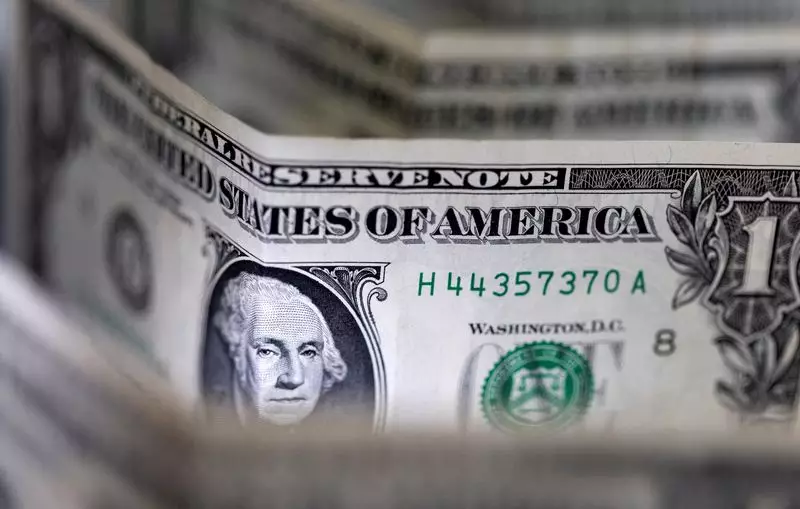As the United States approaches its presidential election, the US dollar is experiencing a significant uptick in value. Analysts at UBS have highlighted this trend, attributing it primarily to the increasing likelihood of a Republican victory, particularly that of Donald Trump. Recent polling data suggests a more favorable outlook for Trump, triggering market reactions that could bolster the dollar. This phenomenon underscores the interplay between political developments and financial markets, as investors evaluate potential shifts in policy direction.
Market Reactions and Policies Favoring the Dollar
The prospect of a Trump presidency is perceived as beneficial for the US dollar, especially with expectations of more aggressive trade policies, such as tariffs. Historically, tariffs can strengthen domestic currencies by potentially stabilizing local production and prices, which appeals to foreign investors. As a result, the market’s bullish stance on the dollar reflects a collective belief that Trump’s economic strategies could lead to immediate benefits, despite the uncertainties that such policies may also invite.
As UBS notes, the upcoming months could see a substantial rebound in the dollar value as investors position themselves ahead of the election. Nevertheless, while the immediate outlook projects a strong dollar, UBS has advised caution. Their year-end projections indicate a possible moderation in the dollar’s strength compared to its current performance, suggesting that while short-term gains appear optimistic, longer-term considerations should not be overlooked.
Revisiting Currency Positions: A Conservative Approach
In light of the fluctuating dollar value, UBS has selectively adjusted its trading strategies. For example, they have opted for a long AUD/USD call while refraining from establishing similar positions for EUR/USD and USD/JPY at this time. This cautious stance stems from the ongoing volatility manifested in the Japanese yen’s implied rates and the potential risks associated with Eurozone stability.
With the European Central Bank (ECB) meeting imminent, market speculation is rife regarding potential rate cuts. Analysts anticipate a 25 basis point cut could be confirmed, and the general sentiment suggests that any surprises are unlikely, signaling a vulnerable position for the Euro. As the market braces for these developments, flexibility in trading strategies is paramount, especially when considering the strong influence of US economic conditions on the Euro’s trajectory.
Observers and investors should remain vigilant as the political landscape continues to evolve leading up to the election. The increasing strength of the dollar reflects widespread anticipation and uncertainty surrounding potential electoral outcomes. While immediate gains are plausible, the long-term implications of these developments require careful examination. As UBS and other financial institutions navigate these turbulent waters, adaptability in strategy and foresightedness will be essential to capitalize on opportunities while mitigating risks inherent in this dynamic market environment. With political dynamics at play, investors are reminded that currency markets can be as unpredictable as the political events that drive them.

